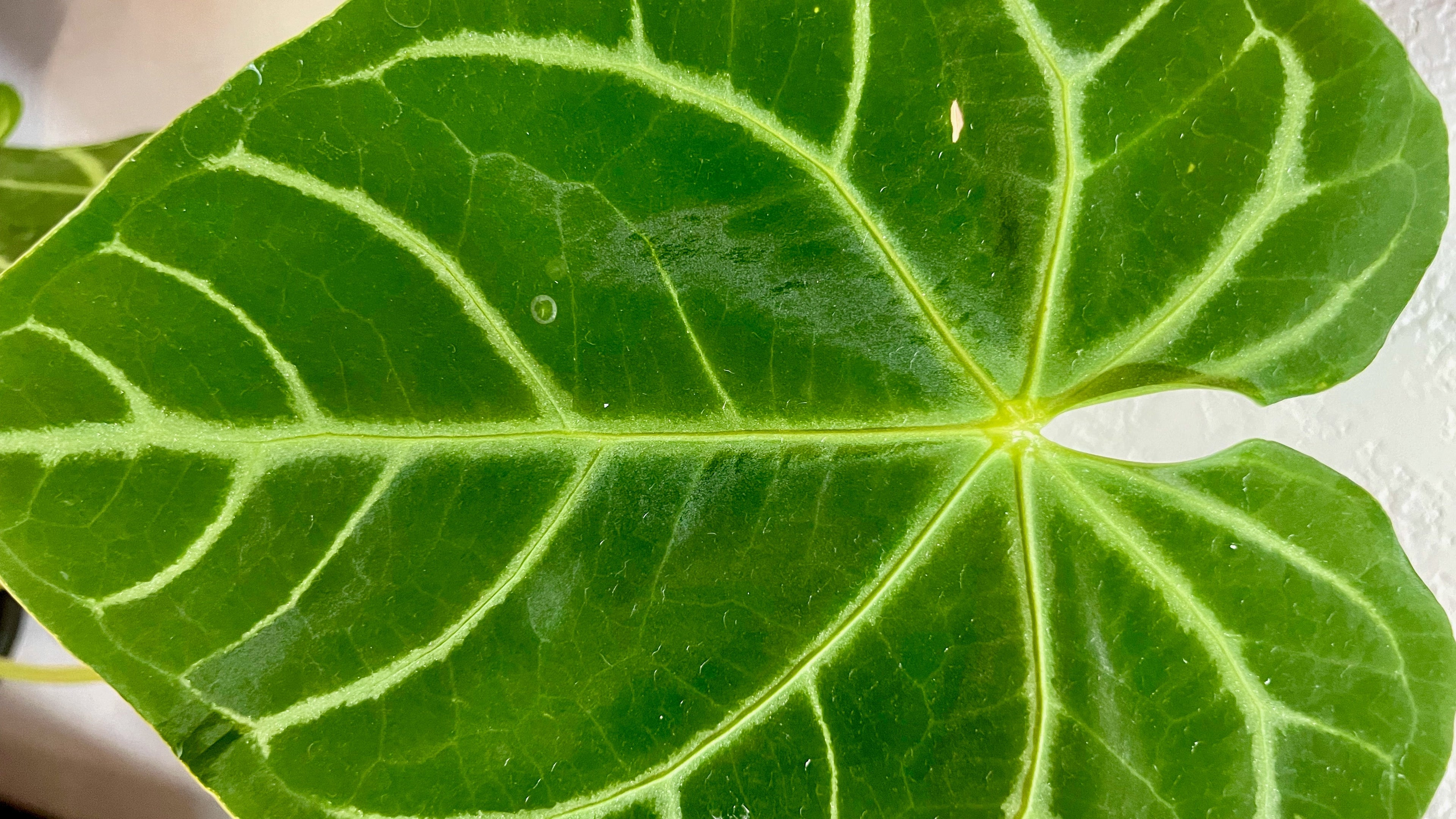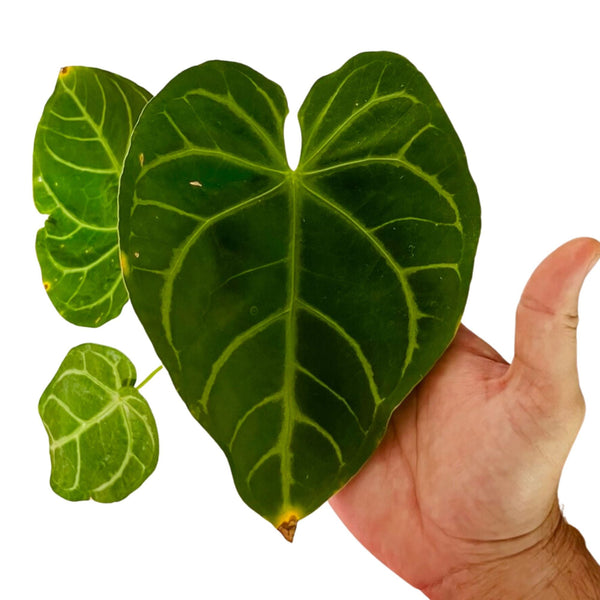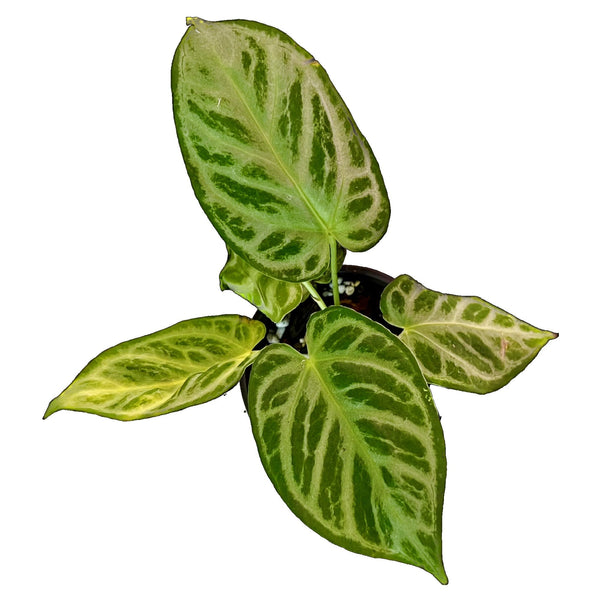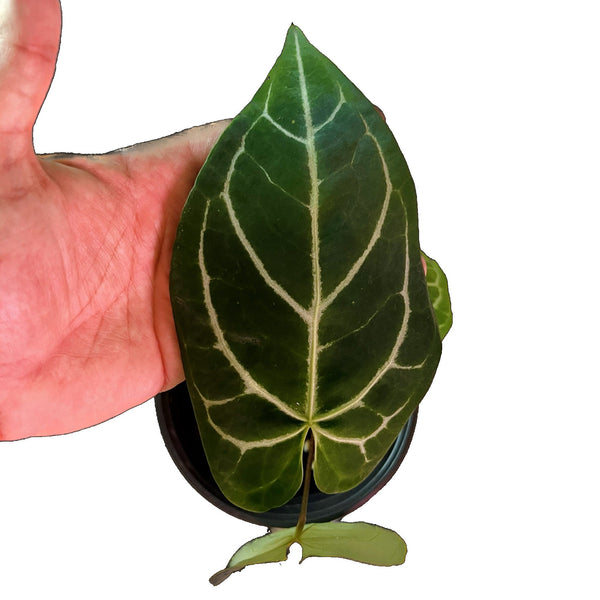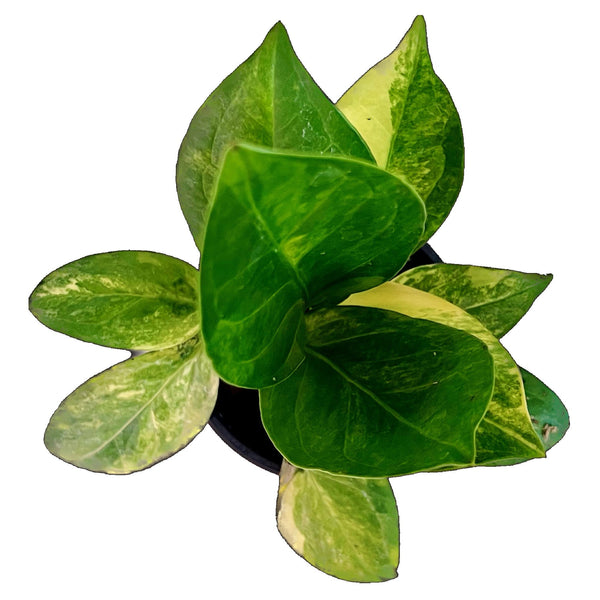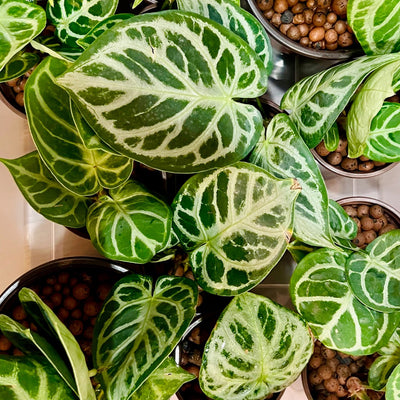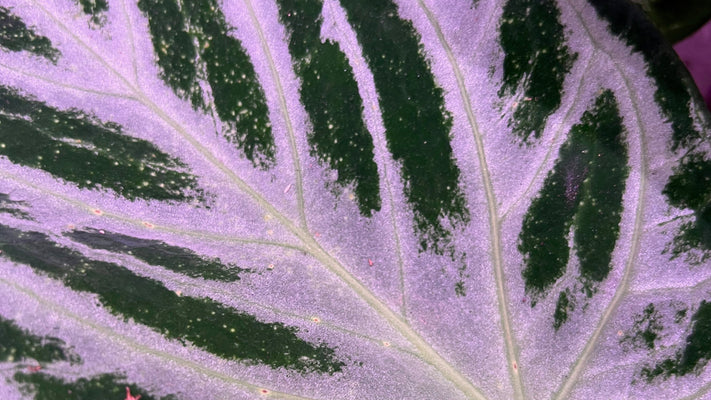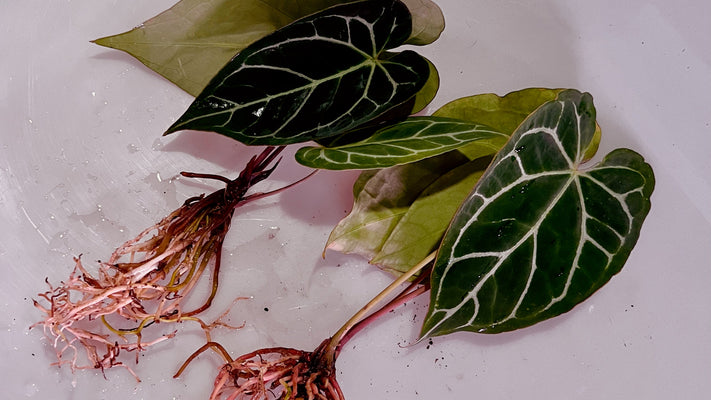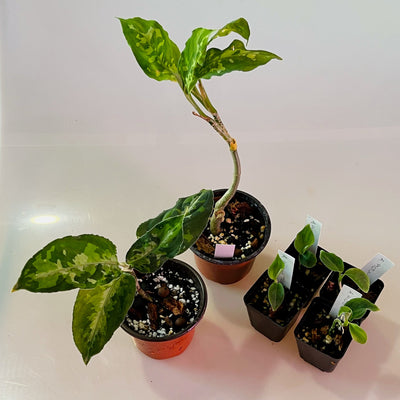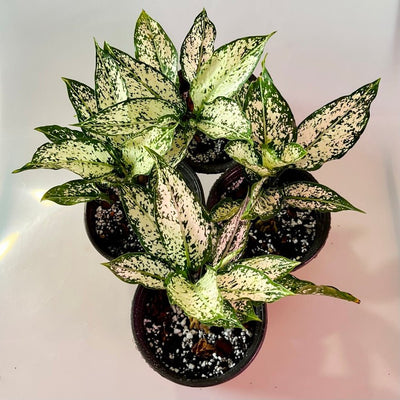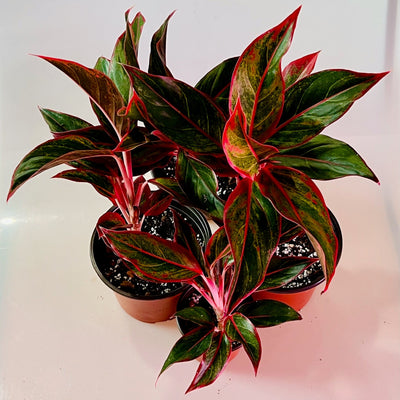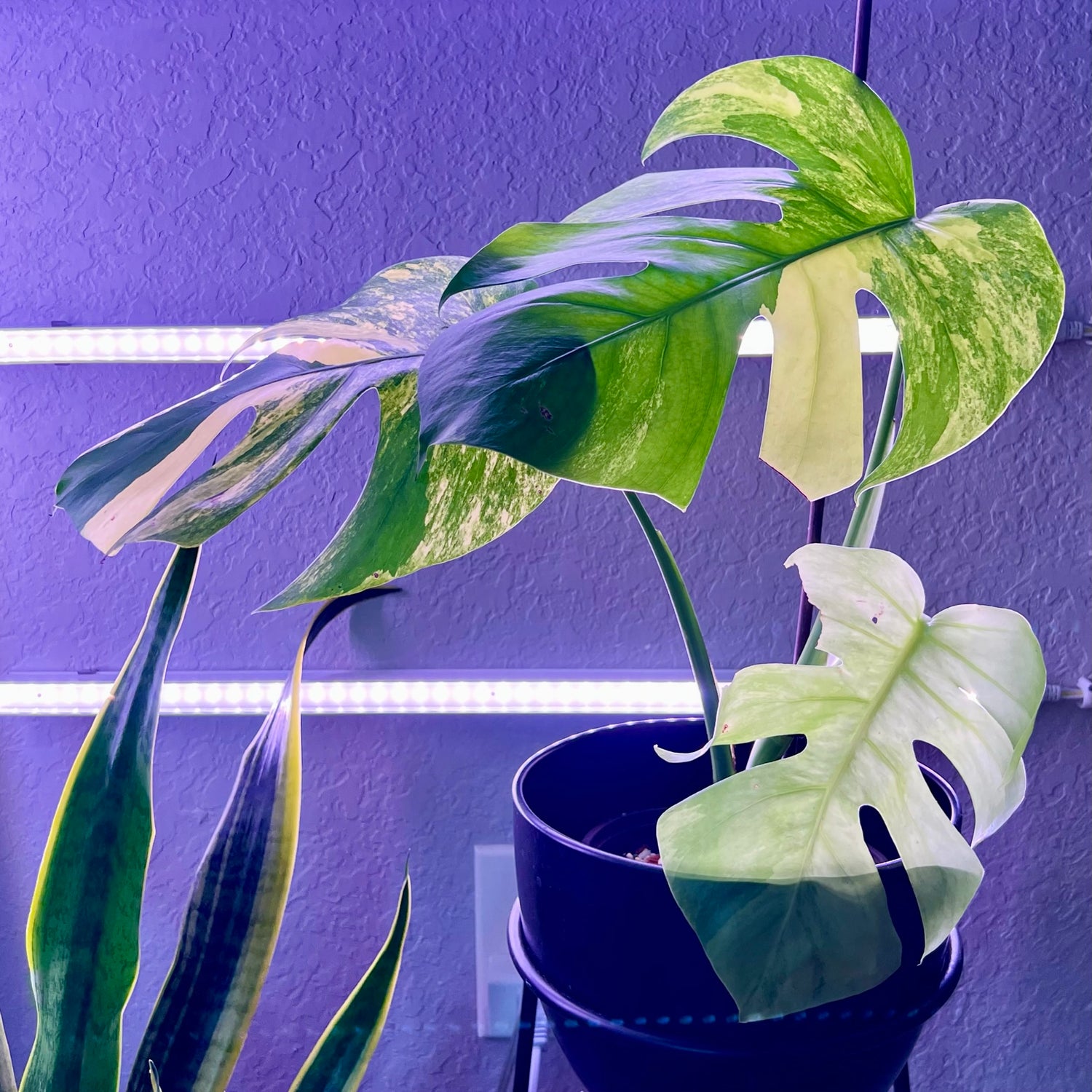Anthurium Magnificum is a stunning plant with large, heart-shaped leaves and bright red flowers. It is a tropical plant that requires a warm and humid environment to thrive.
Light
Anthurium Magnificum prefers bright, indirect light. Direct sunlight can damage the leaves and flowers. Place the plant near a window with filtered light, or use a sheer curtain to diffuse the light.
Water
Water the plant when the top inch of soil feels dry to the touch. Anthurium Magnificum likes to be kept moist but not too wet. Make sure the soil has good drainage to prevent waterlogging.
Humidity
Anthurium Magnificum needs high humidity to thrive. You can increase humidity by misting the leaves regularly or placing a tray of water near the plant. You can also use a humidifier to maintain the ideal humidity level.
Temperature
The ideal temperature range for Anthurium Magnificum is between 65-85°F (18-29°C). Avoid exposing the plant to temperatures below 60°F (15°C) or above 90°F (32°C).
Fertilizer
You can fertilize Anthurium Magnificum every 4-6 weeks during the growing season (spring and summer) with a balanced fertilizer. Do not fertilize in the winter when the plant is dormant.
Propagation
You can propagate Anthurium Magnificum by division or by stem cuttings. Make sure each division or cutting has at least one leaf and one root. Plant the division or cutting in a well-draining potting mix and keep it moist until roots form.
Pests and Diseases
Anthurium Magnificum is susceptible to scale insects, spider mites, and mealybugs. Check the plant regularly for signs of pests and treat with insecticidal soap or neem oil if necessary. The plant can also develop fungal infections if overwatered or exposed to cold temperatures.
- Keep the plant away from cold drafts and air conditioning vents
- Avoid getting water on the leaves to prevent fungal growth
- Remove any


